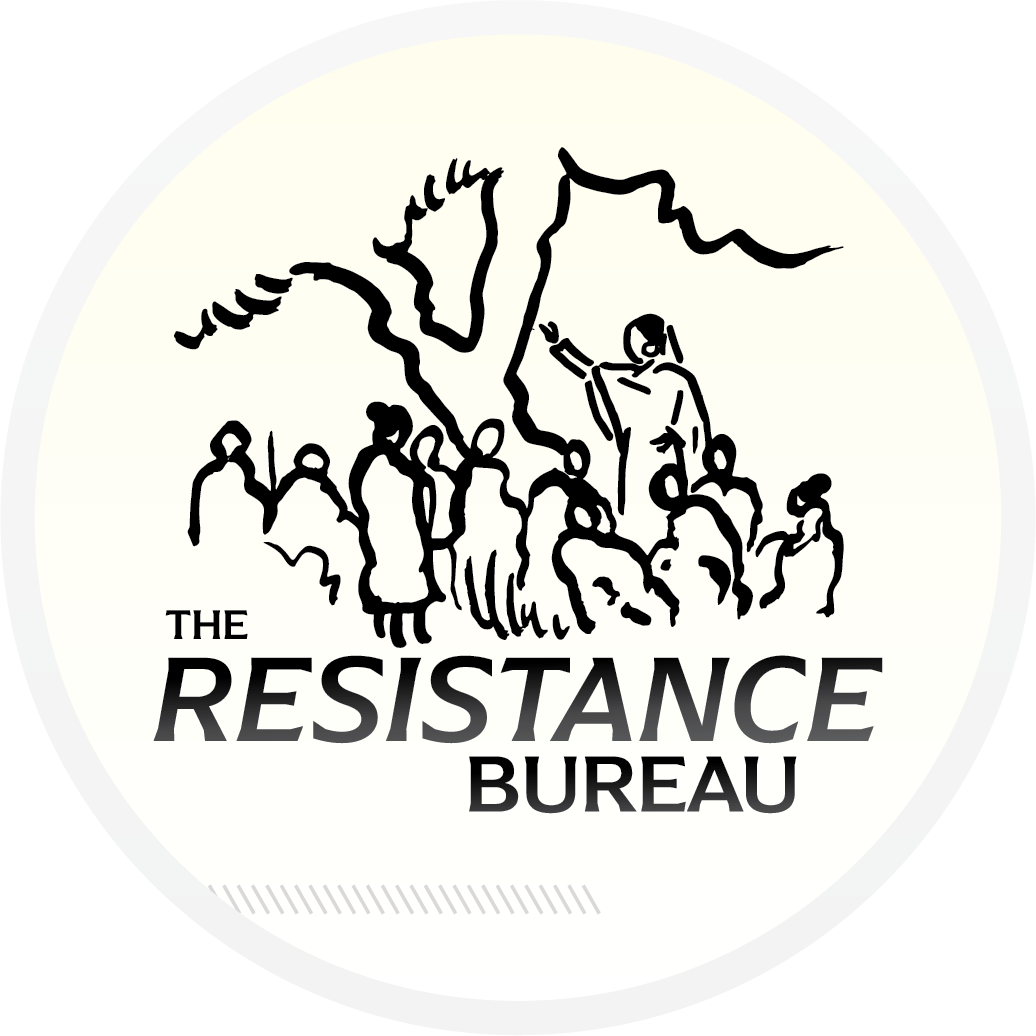Do Opposition Parties Deliver in Office?
Wednesday, 2 October 2024
12pm Washington D.C.
4pm Dakar
5pm London / Kinshasa / Lagos
6pm Paris / Cape Town / Cairo
7pm NairobiOpposition victories remain a rare feat in sub-Saharan Africa. And perhaps this is the main reason why they are widely celebrated. Most often, they are viewed – by citizens, civil society, and international donors – as evidence of the strengthening of democracy. The new leaders, having spent much of its time promising major reform if elected, are also expected to be both an immediate and long-term improvement. But do opposition parties deliver on their promises?
Recently, Malawi (2020), Zambia (2021), and Senegal (2024) provided a glimmer of hope to democrats across the continent when leaders accused of manipulating elections and undermining democracy were defeated at the ballot box. In all three countries, the quality of democracy had eroded significantly, with concerns ranging from human rights violations to attempts to remove presidential term limits. These new governments all started positively, with a reduction in repression and improvements in protections for political rights and civil liberties.
Yet all of these leaders have now been accused of stalling on their reform agendas. In Malawi, President Chakwera has weathered a storm created by the appointment of family members to high-level government and diplomatic posts amid a series of economic crises and corruption scandals. In Zambia, President Hichilema has been accused of undermining the rights of opposition parties while failing to deliver on his anti-corruption agenda. Senegal's President Faye has been in office for much less time than his counterparts, but has been derided for clamping down on media freedoms while dissolving parliament with another round of elections set for November.
This show will bring together leading researchers, civil society figures, and journalists to take stock of the latest developments in these countries -- and more -- while asking some difficult questions. Does power corrupt? Or is it structural challenges – such as inherited debt, overzealous police, and pliant courts – that create the conditions that undermine the best intentions of new leaders? Join us!
Meet our panel (additional speakers to be announced)
Laura Miti
Laura Miti is a sharp commentator on African affairs who has used her columns for independent newspapers in Zambia, and beyond, to demand accountable governance and to defend democracy. She has been at the forefront of efforts to push back against political authoritarianism, closing civic space, and to curb corruption in the management of public resources.
Aisha Dabo
Aisha Dabo is a Senegalese and Gambian human rights expert. She is the co-founder and coordinator of AfricTivistes, a Pan-African organization that unites bloggers, web activists, and changemakers across Francophone Africa. She has coordinated a number of pro-democracy campaigns, most recently in Senegal, and has written extensively on issues pertaining to digital rights and social movements.
Boniface Dulani
Boniface Dulani is a leading scholar and the director of surveys at Afrobarometer, a pan-African research network that conducts a range of public attitude surveys across the continent. From his home base of Malawi, Boniface leads the planning and management of all fieldwork activities for Afrobarometer. He is also a Senior Lecturer at the University of Malawi and holds a doctorate in political science from Michigan State University.
Dr. Stephanie Burchard
Dr. Stephanie Burchard is a national security and defense expert who is a research staff member at the Institute for Defense Analyses where her portfolio includes security and defense matters in Africa and global security cooperation initiatives. She is currently an adjunct faculty member at George Washington University and the author of numerous academic articles, as well as a 2015 book, 'Electoral Violence in Sub-Saharan Africa: Causes and Consequences.'
Moderation
Mantate Mlotshwa
Mantate Mlotshwa is a passionate advocate for the meaningful contribution of women and youth to democracy and governance processes. The Founder of the creative brand U Motle, she has earned a reputation for speaking her mind and promoting positive messages of liberation and emancipation in Zimbabwe and beyond.
Nic Cheeseman
Nic Cheeseman is the Professor of Democracy and the Director of the Centre for Elections Democracy Accountability and Representation (CEDAR) at the University of Birmingham. As well as the author of Democracy in Africa and How to Rig an Election, he is the editor of Democracy in Africa, a columnist for Africa Today and the Mail&Guardian, a contributing editor to The Continent, and an election junkie.
Jeffrey Smith
Jeffrey Smith is an award-winning pro-democracy campaigner and veteran human rights activist. He is the co-creator and producer of The Resistance Bureau and also founding director of Vanguard Africa, a nonprofit organization that supports visionary African leaders to build winning free and fair election campaigns.







